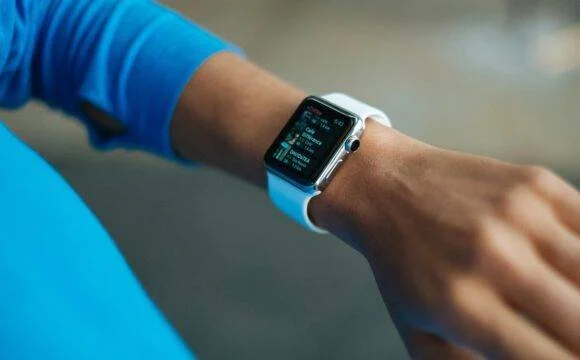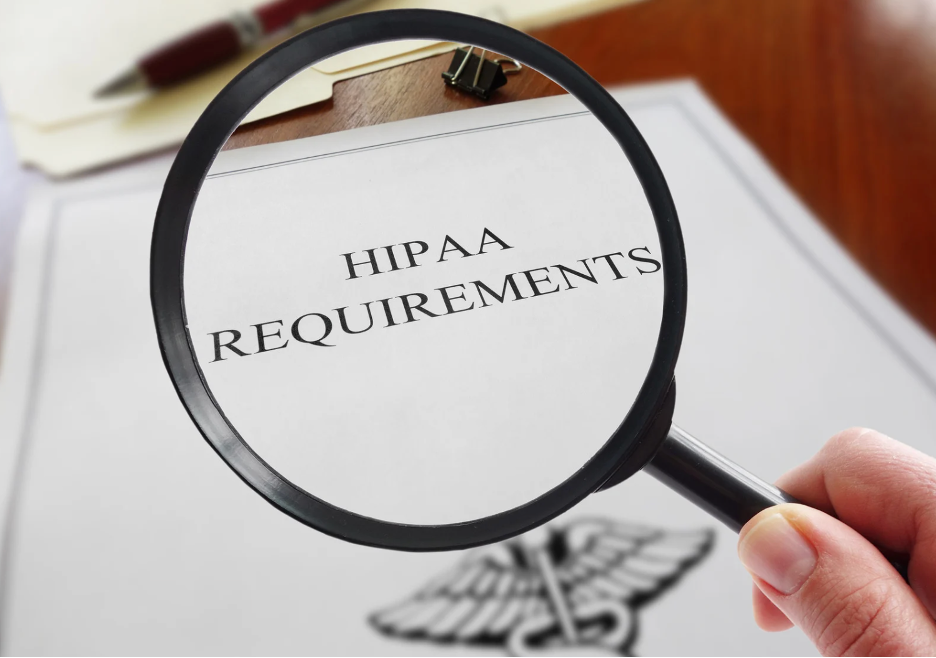The rapid adoption of smart wearable technology among consumers has been fueling growth across the industry. In fact, the U.S. wearable technology market was valued at 61 billion in 2022 and is expected to see significant growth of nearly 15% from 2023 to 2030.
For some, wearable technology is about tracking fitness, but for many these technologies help to monitor overall health and wellness. As a result, wearable technology is playing a significant role in the healthcare sector. More specifically due to aging populations, growth in remote patient care, and the rise of remote care during the COVID-19 pandemic.
Wearable devices have the potential to help address healthcare costs, provide support to aging populations, and lessen the burden of chronic disease. While the benefits can be life-changing, they also come with a host of new privacy and security concerns for healthcare organizations, leaving many with the question: Do HIPAA security and privacy laws apply to wearable health technology?
5 Key HIPAA Privacy Considerations for Wearable Health Tech
1. Covered Entities: When healthcare providers or insurers collect health data from wearable devices and use it to provide healthcare services, they are considered covered entities under HIPAA. As such, they must adhere to privacy and security rules, ensuring the protection of patients’ health information.
2. Business Associates: In some cases, wearable device manufacturers or app developers may be considered business associates of covered entities if they provide services that involve handling personal health information (PHI). Business associates must also comply with HIPAA regulations and sign a Business Associate Agreement with covered entities to ensure data security.
3. De-Identified Data: HIPAA allows for the use of de-identified health data, which is stripped of information that could identify the individual. This data is not subject to HIPAA regulations and can be used for research and other purposes.
4. Patient Consent: Wearable device users should be informed and provide explicit consent if their health data is going to be shared with healthcare providers, insurers, or any other covered entities. Consent is crucial for ensuring that individuals are aware of how their data is being used and to maintain their privacy rights.
5. Data Security: Wearable device manufacturers and service providers must implement robust security measures to protect the electronic health data they collect, transmit, and store. Encryption, secure authentication, and data access controls are among the standard security practices.
Wearable devices have the potential to transform healthcare by providing individuals and clinicians with valuable health insights and facilitating more personalized care. However, with innovation also comes significant responsibilities when it comes to privacy and data security. To maintain the delicate balance between the benefits of wearable technology and privacy rights, it is essential for all stakeholders, including users, manufacturers, and healthcare providers, to be knowledgeable about HIPAA regulations and their implications. By doing so, we can harness the power of wearable devices to improve health outcomes while respecting individuals’ privacy and data security.
Experience Better Healthcare Compliance
Stay compliant with OSHA, HIPAA, and billing regulations. See how our comprehensive solutions can simplify your compliance needs and enhance your practice’s efficiency.



